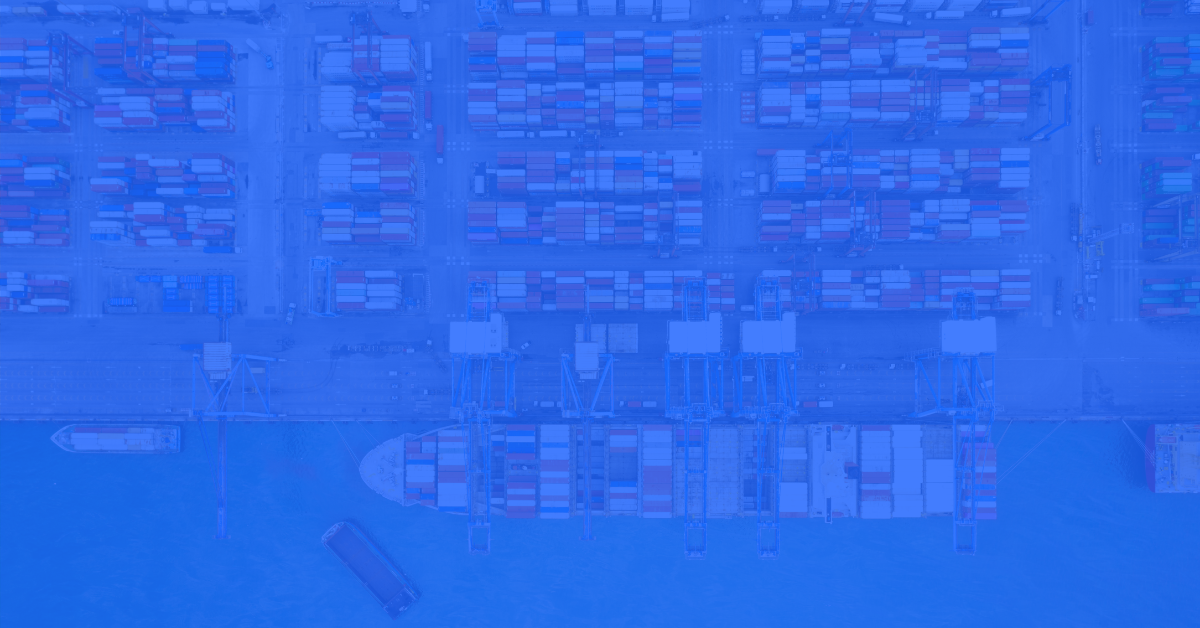Out with the old and in with the new. While this is great for a good number of things ranging from produce to fresh blood in the workforce, some industries and functions such as supply chain management are facing a rapidly growing problem. There simply aren't enough new people being trained to fill in the spaces that are being vacated as supply chain managers make their move to retirement. However, the issue goes beyond just the simple lack of bodies to fill chairs. The crisis goes much deeper than that.
“Supply chain programs aren’t graduating enough new practitioners to replace those exiting in the workforce, but the talent crisis is about more than demographics: a shift in thinking must also take place at the corporate level and in academia to develop talent that can collaborate in today’s supply chains.” By Amydee M. Fawcett and Stanley E. Fawcett
In an article published by SupplyChain247, the details of the talent crisis have some light shed on them. Truth be told, if businesses want to be able to stay afloat during this shortage of well-trained personnel, they’re going to have to change the way they approach the situation.
Lack of Tech Skills
Typically when we think of a skill shortage, it has much to do with the rapid induction of new technologies and simply not being able to keep up. That, however, falls far from the truth. The real issue is that the other necessary skill sets, the ones necessary to make good supply chain leaders, are what is lacking.
“It is essential that we recognize that most managers do not currently possess the skills or mindset needed to operate in an extended enterprise environment,” say Edward W. Davis and Robert E. Spekman, authors of The Extended Enterprise: Gaining Competitive Advantage Through Collaborative Supply Chains
Think Outside the Square
The article itself lists a myriad of different ways that aspiring logistics professionals can find gainful employment as Supply Chain Managers. However, what’s interesting isn’t just the ways to develop the necessary skill sets, but the reason why these skill sets are lacking.
Ultimately it comes down to a very simple idea. Not all people necessarily play well with others. That’s not to say that they aren’t capable of working in a team setting. It seems that an individualistic approach is typically more praised. This can lead to would-be leaders lacking in the necessary skills to perform and work as a cohesive unit, which is exactly what is demanded of a skilled supply chain manager.
In addition to the lack of cohesion, there’s also a lack of innovation. Times are changing, there’s simply no denying this fact. Customers’ demands and expectations are growing increasingly hungry for rapid delivery and better service. With that said, the way things have been done in the past simply aren’t going to cut it.
For this very reason, supply chain managers need to be able to think in ways other than the straightforward, lateral paradigm that tends to be all too common in our education. The ability to “think outside the box” or just leave the box behind entirely can make a difference between a body in a seat and a true leader.
Tools Needed to Support Personnel Growth
Perhaps the most poignant lesson to be learned is this. The fault isn’t so much with the fresh faces that are looking to step into the game, but more of the tools they’re given to work with. If you want quality people, you have to give them the right tools in order to hone their skills and develop the skill sets necessary to be successful.
It’s far too easy to fall into the trap of complacency, working with the old ways of doing thing and expecting different results, something very similar to Einstein's definition of insanity. The question is, what are you going to do to make a difference?
Related reading:
Will You Lose Your Job to a Robot?
Supply Chain: What to Expect in 2030?







